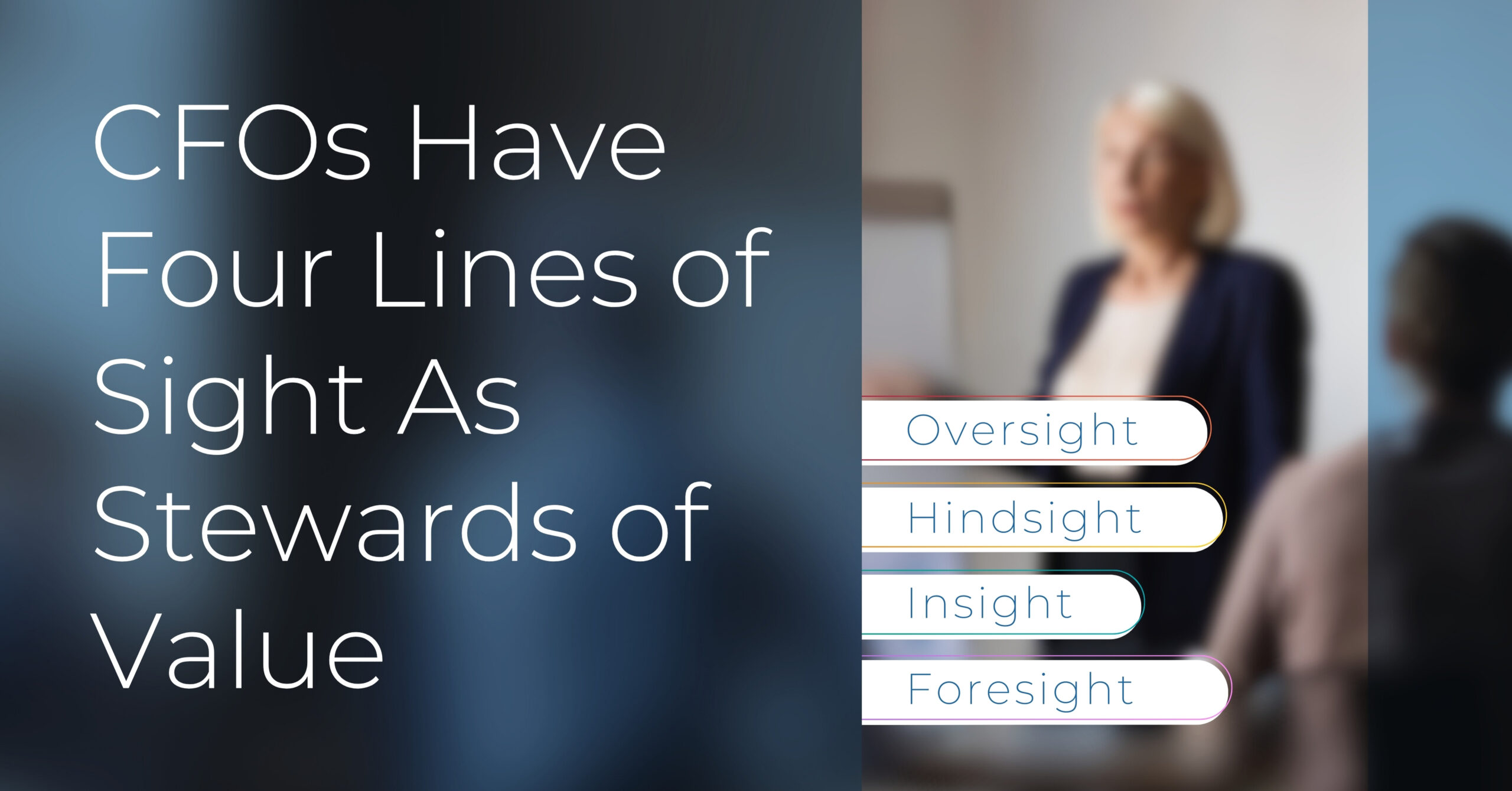
Chief Financial Officers (CFOs) often excel as board members due to their unique skill set and perspective. Let’s explore why they make great additions to corporate boards:
- Financial Acumen: CFOs possess deep financial expertise. They understand financial statements, risk management, and capital allocation. Their insights are invaluable for evaluating strategic decisions and assessing the financial health of the organization.
- Strategic Insight: CFOs are well-versed in the company’s strategy, financial goals, and market dynamics. They can help the board align financial decisions with long-term objectives. By providing context and analysis, they enhance the board’s understanding of value creation.
- Risk Management: CFOs are adept at identifying and managing risks. Their experience in financial risk assessment helps boards navigate complex challenges, such as cybersecurity threats, regulatory compliance, and economic uncertainties.
- Performance Metrics: CFOs track key performance indicators (KPIs) and financial metrics. They can guide the board in evaluating the company’s performance against industry benchmarks and competitors. This data-driven approach informs strategic discussions.
- External Perspectives: Serving on external audit committees exposes CFOs to diverse viewpoints. Interacting with other executives and directors provides valuable counsel and insights. These connections enhance their ability to contribute effectively to the board.
- Unified Perspective: CFOs collaborate with the CEO and other executives to present a cohesive view to the board. Their alignment ensures consistent messaging and a shared understanding of the company’s direction.
- Value Creation: Beyond historical financial results, CFOs focus on future value creation. They compare the company’s performance to market trends and peers. This outward-looking view helps the board assess what is truly impactful.
In summary, CFOs bring financial expertise, strategic vision, and risk management skills to the boardroom. Their active participation enhances board effectiveness and contributes to better financial performance.
The content above was generated by my friendly AI co-pilot and it’s pretty accurate. As a former MNC CEO and CFO, and now a board member and strategic advisor, let me add some color. I have seen, and experienced, first hand the role of the CFO evolve from bean-counter to bean-sprouter, from CFO-“no” (as in “no way” to your proposed budget) to CFO-know, from the back-office number cruncher to the fronts lines as Chief Futures Officer (credit PWC) or Chief Value Officer (credit global corporate governance icon Dr. Mervyn King). In fact, when I was named CFO of a multi-billion-dollar global business unit my official title was “Strategic Business Partner” (although we included CFO since these were early days of the evolution).
In short, CFOs today by nature of their broadening strategic responsibilities are well suited to serve on Boards as the frontlines of corporate governance and stewards of the future. They have experience and expertise in all four lines of sight – stewards of value grounded in trust and ethics (Oversight, Hindsight) and creators of value grounded in innovation and data analytics (Insight, Foresight). I will correct my friendly co-pilot in one area – CFOs not only contribute to improved financial performance but more broadly, improved enterprise performance integrating financial and sustainability processes and assets.
A simple case in point is the foundational framework of TCFD in driving climate risk disclosure standards (ISSB, CSRD, SEC, etc.) with four pillars – Governance, Strategy, Risk Management, and Metrics and Targets. Today’s CFO plays a leading role in each of these four pillars and applies systems thinking to integrate and leverage resources for positive outcomes. Systems thinking in short is looking at the whole interconnected system and how to optimize performance vs. getting lost in piece parts or silos. In fact, IFAC – the International Federation of Accountants with 180 member bodies representing 3 million finance and accounting professionals – recently performed a literature search on ESG and found that the skill in most demand was systems thinking.
CFOs leading ERM (Enterprise Risk Management) processes as part of their governance and strategic planning core are a case in point on systems thinking – in a world of unprecedented uncertainty, disruption and transformation, risks and opportunities are increasingly connected and complex. This is a critical area of focus for boards and management as they build trust, protect reputation, and create long term value.
So, what’s next for CFOs? Bigger CFO positions, CEO positions, and opportunities on outside boards of directors. CFOs and senior finance/accounting professionals (e.g., VP FP&A, Chief Accounting Officer, Corporate Controller) interface regularly with their company boards and therefore bring to the table considerable executive governance experience. But differentiation is key, and one path to that differentiation in addition to diverse experiences is upskilling, education, and professional certification. I aspire to make a difference by serving on more boards, and as such, am in the process of earning my GCB.D – Global Competent Boards Designation in Sustainability and ESG – in addition to my certifications in accounting and strategy.
Jeffrey C. Thomson CMA, CSCA, candidate for GCB.D from Competent Boards, Inc.
Former CEO IMA and Lead Director COSO